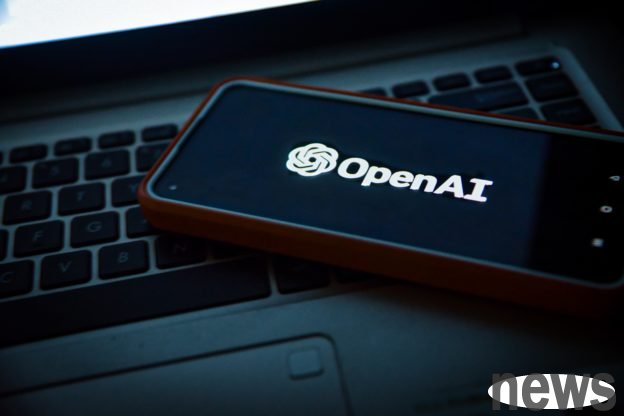OpenAI, a large artificial intelligence manufacturer, plans to launch its first AI chip in 2026, significantly reducing the performance and cost-effectiveness of relying on NVIDIA (NVIDIA) GPUs and optimizing the performance and cost-effectiveness o...

OpenAI, a large artificial intelligence manufacturer, plans to launch its first AI chip in 2026, significantly reducing the performance and cost-effectiveness of relying on NVIDIA (NVIDIA) GPUs and optimizing the performance and cost-effectiveness of AI models to execute recommendation tasks. The chip was developed in cooperation with the semiconductor manufacturer Broadcom, and was created by the 3-nanometer crystal foundry Longtou Tel, which will have a profound impact on the AI hardware market.
Reuters reported that OpenAI will start producing chips as soon as 2025, and the professional knowledge of Broadcom chip design and manufacturing partners will become the key. OpenAI has reduced its self-built crystal factory plans and chose to cooperate with mature manufacturers such as Broadcom and NTD to avoid high costs and long-term processes. The OpenAI development team will be led by former Google engineer Richard Ho, and recruit former Google TPU developers to show the determination to enter the military chip design field.
OpenAI's self-developed AI chip engines are the bottlenecks that have surged demand for AI computing and have reduced NVIDIA's dominant position. Customized chips focus on AI reasoning and efficiently operate AI models, rather than intensive training that NVIDIA chips are good at. This also hopes to relieve supply chain pressure and reduce long-term costs. The cooperation amount between Broadcom and OpenAI is worth more than US$1 million, and AI chip products can handle GPT-4 and future models to calculate. This is important for OpenAI, which has a market capitalization of more than $15 billion, to maintain a leading position in the generic AI field, in response to manual pressures such as Google, Meta and Anthropic.
Industry insiders pointed out that the results of OpenAI's self-developed chips may challenge NVIDIA's market leadership position, especially that OpenAI has integrated AMD chips into its basic facilities. Market insiders believe that this may promote Broadcom's position in the AI chip market to improve. However, the design of customized AI chips is also full of risks, including potential delays and insufficient performance issues. In addition, the political tensions in the ground that surrounds the semiconductor supply chain, especially Taiwan, where the Taiwan power supply is at the forefront of the ground politics, have also added uncertainty. Although this plan helps reduce dependence on NVIDIA, OpenAI's chips will not immediately overturn their market status due to NVIDIA's existing advantages in software generation systems such as CUDA.
Looking ahead, OpenAI's collaboration with Broadcom demonstrates its innovative practicality, combining the agility of new founders with the power of semiconductors to drive the next wave of AI development. If OpenAI's chips are proven to be feasible, it may infringe on NVIDIA's pricing rights. Although OpenAI initially planned to use these chips for internal testing, after their efficacy has been verified, this success may inspire the entire industry to adopt similar actions, thus making AI more popular.